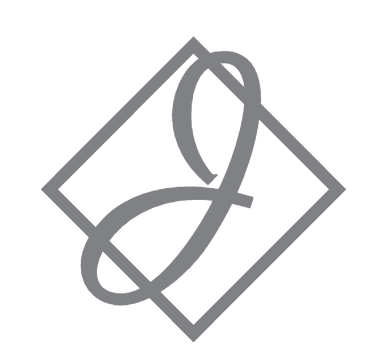One of the most common conundrums in the musical world: reading or learning by ear? Which is best? Is one superior to the other? If you've developed one method do you really need the other? I think yes, or more accurately, why not?
Reading music and learning by ear are two skills I believe every musician should strive to possess. I've known many musicians who have learned purely by ear, have near-perfect pitch and can play something having only heard it once before. I've known other musicians who need merely to glance at a piece of music before being able to play it in its entirety. Both abilities are covetable, but the question is not which is better, but why limit yourself to only one?
Most of the people I know who play by ear simply never learned to read. Others had bad experiences, which is more worrying. I've talked (written? typed?) before about the underlying fear many students have when it comes to reading, and it seriously upsets me. Reading music should not be a frightening or stressful time. For starters music has a seriously short alphabet (CDEFGAB) and fun mnemonics to help you remember where the notes go on the stave (Great Big Demons From Africa anyone?). Most new students of mine are reading with relative confidence halfway through their first year - though of course this does vary based on the amount of practice.
(Bracket conversation: Wikipedia has a fun mnemonic to remember the colours of the rainbow, Red, Orange, Yellow, Green, Blue, Indigo Violet - Run Over Your Granny Because It's Violent. What?)
A method that does not start with reading is the famed Suzuki method. Founded by Dr. Shinichi Suzuki, the Suzuki method places a great deal of importance on tone, intonation and phrasing. These are developed through repetitive listening of the Suzuki repertoire and music in general. The idea is the more music a child listens to, the easier it will be for them to learn to play. Reading is only approached after 'the acquisition of good aural, technical and musical skills' (Suzuki Music, 2005) and this will vary child to child.
It's a solid method that has been used by countless musicians. However, my issue with Suzuki is that I don't believe it takes full advantage of a child's sponge-like state, at this stage they can absorb anything, so why not reading? An individual child's acquisition of good aural, technical and musical skills may take some time, by which point reading seems frightening and - to quote an actual ex-Suzuki student of mine - 'pointless'. As developed as her eight-year-old ears are, it's still a struggle to play a piece by ear if it happens to contain more than one sharp or flat, and she has since admitted that it's easier if she has some sheet music to reference.
Additionally, the Suzuki repertoire consists of a great deal of super classical pieces which in my experience are less than inspiring to most young children. They may learn Bach's Minuet 1 having listened to it countless times but will they want to play it? Doubtful. T-Swizz all the way.
Which is not to say I have always been pro-reading. As an ex-Suzuki student myself, I relied on my ears for the majority of my young musical life. I loved to hear something on the radio and figure it out on the piano, but as time went on I wanted to understand music, to figure out why there were songs I couldn't play. Through reading I unlocked a whole world of theory that clicked with my aural skills and allowed me to approach music with new-found confidence and enthusiasm.
Aural skills are equally important. A solid understanding of pitch, melody and chord progressions can make a musicians life so much easier, especially if they're working with other musicians. It's also important to help develop expression and technique, if a student can't hear themselves play they can't hear how they can improve or develop. If a student doesn't have a favourite song to play, I know they haven't been listening enough.
To sum up, the answer to the Eye vs. Ear debate is Balance. No I don't believe there is a right or wrong way to go about it, but I do think it can be just as easy to develop both abilities to a symbiotic level. Imagine you're giving a speech. You may have learned the whole thing off by heart but isn't it nice to have palm cards? If you can develop your reading to palm card level you'll be amazed at how fluent your playing becomes. Equally, if you can predict where the music is going aurally you're paving the way for your reading. Boom. Synergy.
-J
